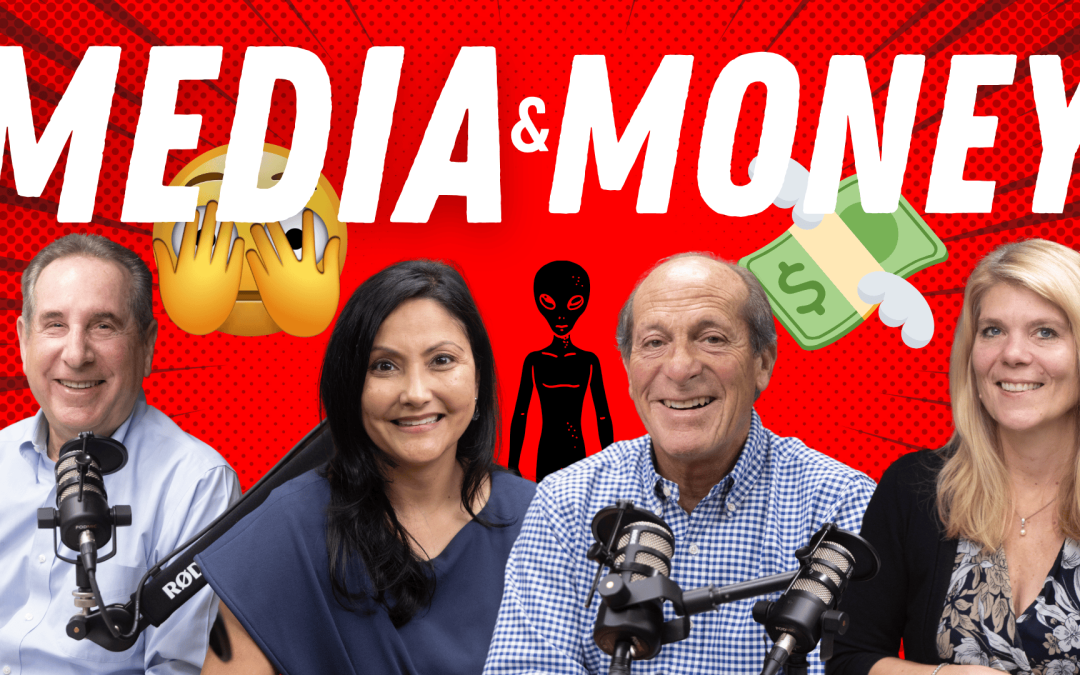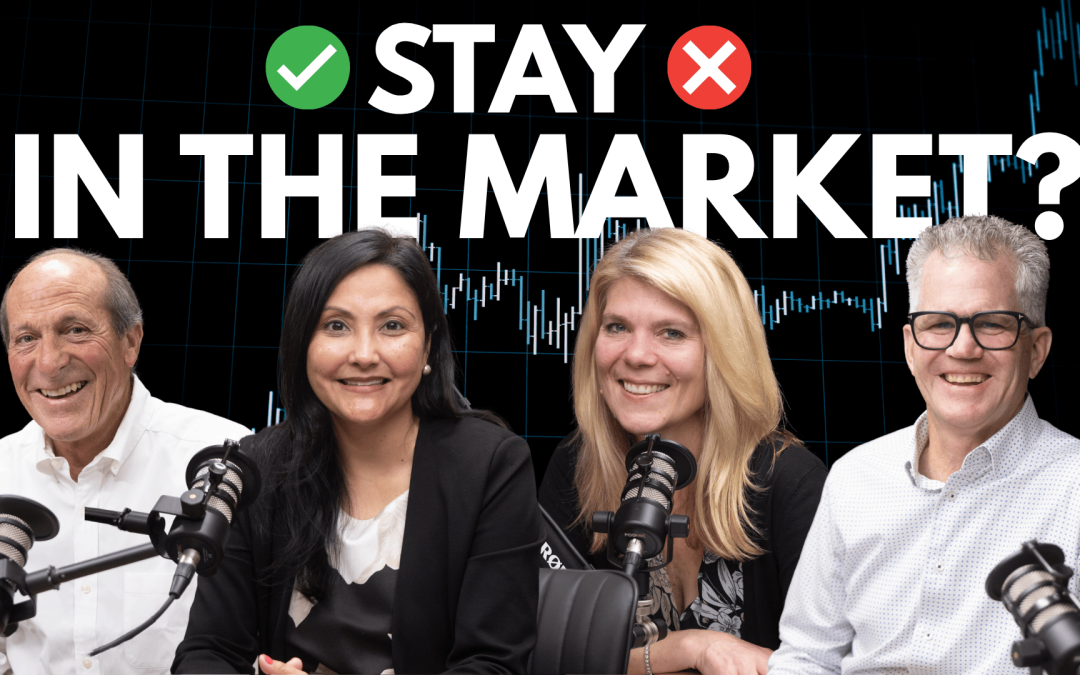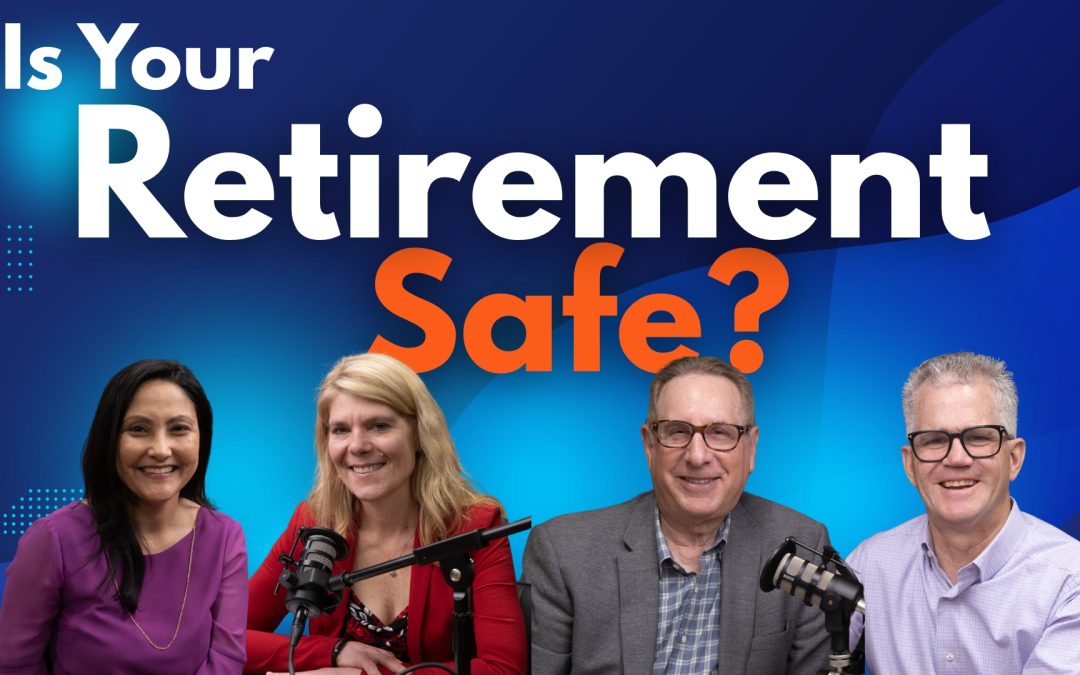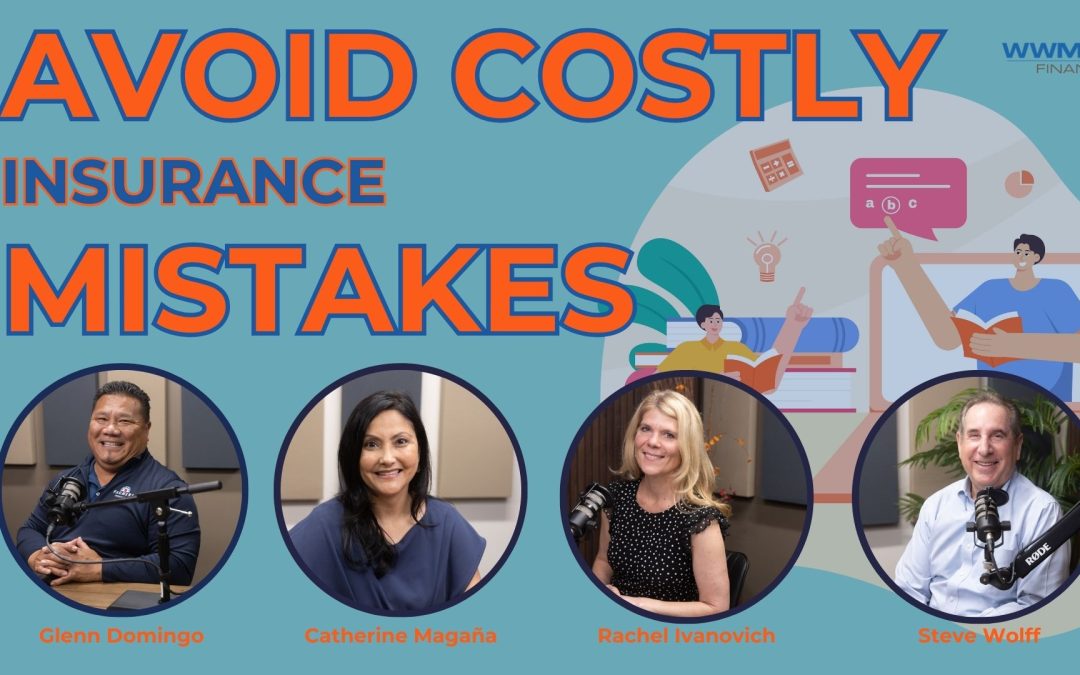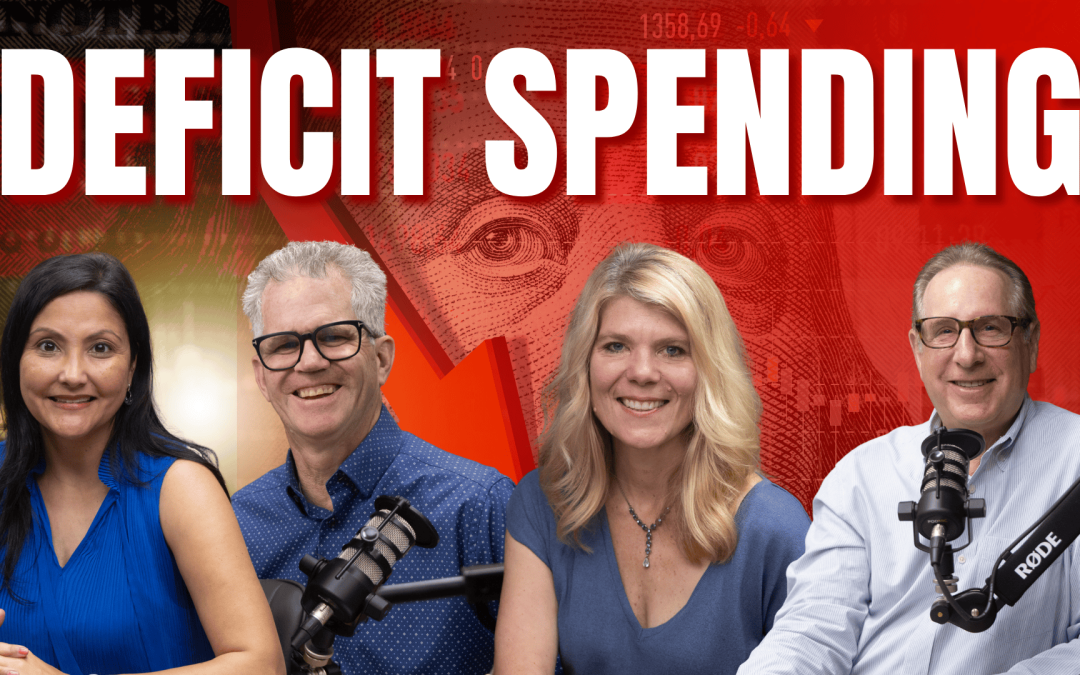
The Truth About Deficit Spending
In this episode of the WWM Podcast, we explore how rising government deficit spending could affect wealthy investors and the broader economic outlook. We take a close look at recent market movements, the unexpected uptick in Core CPI, and how new tariffs may be influencing inflation data. We also highlight where investors are putting their money right now, review year-to-date performance in the industrial sector, and share proactive tax planning strategies for high-net-worth individuals looking to stay ahead of policy and market shifts.
Watch the video above or click the link here to listen: https://wwmfinancial.com/podcast/
If you want to understand what’s going on in the economy, get better insight into the financial markets, and separate the sound from the noise so you can make good financial decisions, tune in now!
Date Recorded: 6/12/2025
Disclosure:
WWM Financial is an SEC Registered Investment Advisor
The opinions expressed in this program are for general informational purposes only and are not intended to provide specific advice or recommendations for any individual or on any specific security. It is only intended to provide education about the financial industry and how we may be able to assist. To determine which investments may be appropriate for you, consult your financial advisor prior to investing. Any past performance discussed during this program is no guarantee of future results. As always please remember investing involves risk and possible loss of principal capital. Tax considerations presented may not be appropriate every individual circumstance. A tax professional should be consulted before making any decisions about your tax liability. wwmfinancial.com | 760.692.5190

